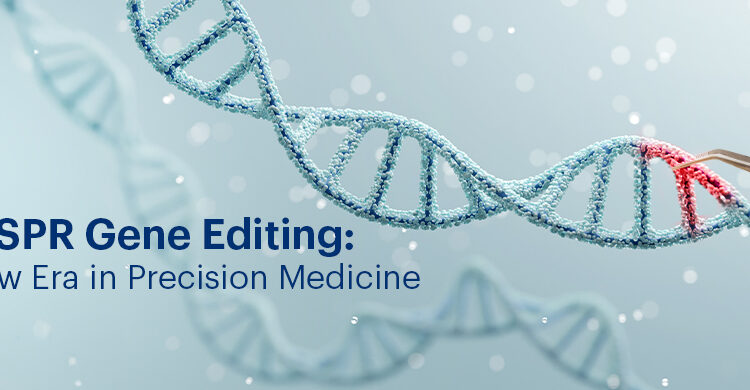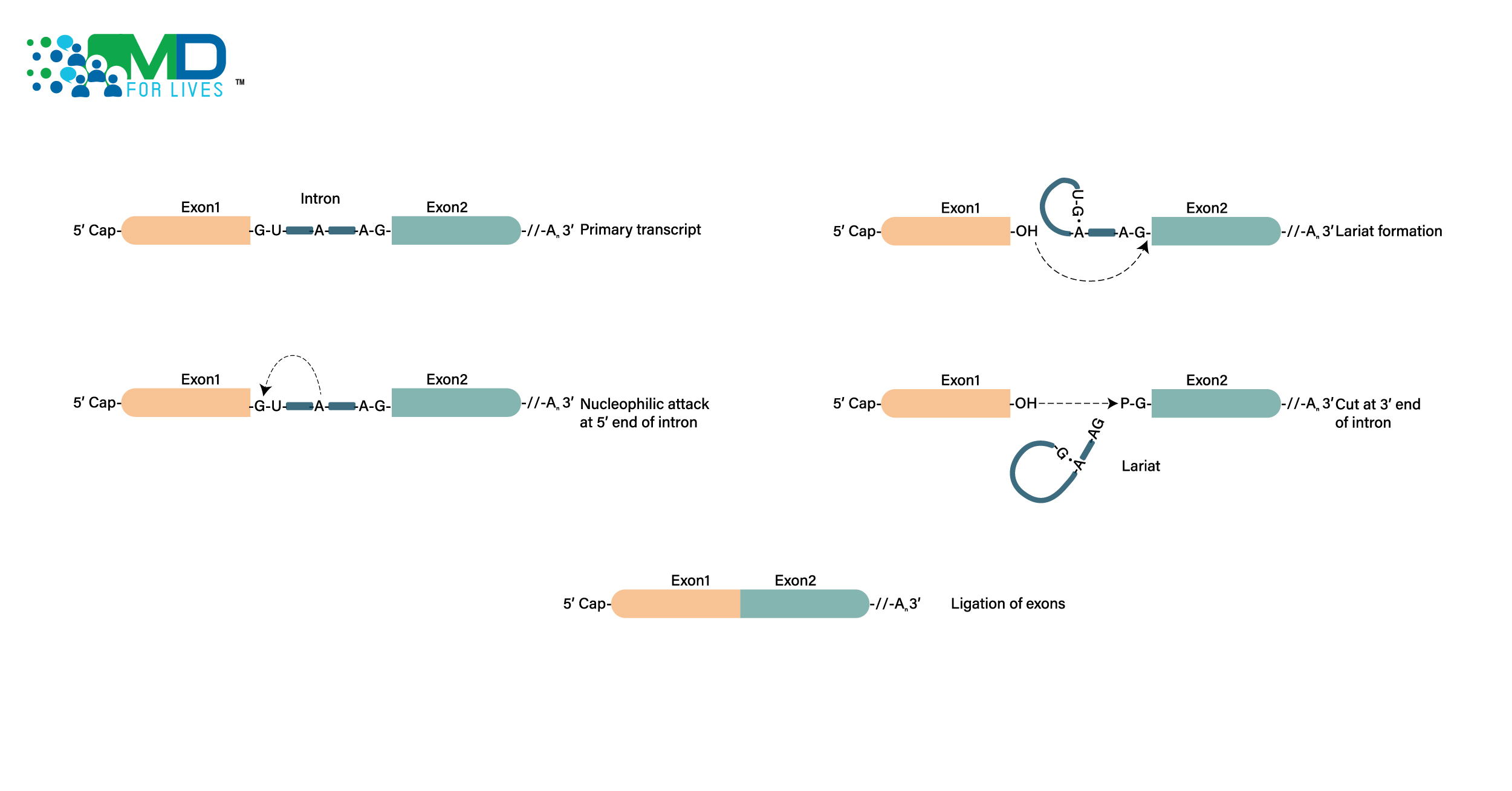A recent clinical trial showed a 56% reduction in yearly asthma exacerbations when patients with severe asthma were treated with tezepelumab, a monoclonal antibody directed against thymic stromal lymphopoietin (TSLP).Now, the FDA has granted priority review for tezepelumab, which allows a decision within 6 months after the July 8th announcement.
Asthma affects over 25 million people in the US, about 5-10% of whom have severe asthma. If approved, the new monoclonal antibody could help improve the treatment landscape for severe asthma, especially because it appears to work for patients both with and without high eosinophil counts.
Asthma Exacerbations – About Severe Asthma
Patients with severe asthma often have asthma symptoms and exacerbations that are present even when the patient is receiving the maximum controller therapy according to guidelines. This category includes an estimated 5-10% of individuals with asthma. Asthma is responsible for about 1.6 million emergency department visits and 3,500 deaths yearly in the US.
Existing Asthma Medications for Severe Asthma
An inhaled corticosteroid along with a long-acting bronchodilator is a typical controller treatment. However, these asthma medications do not provide good asthma control for some patients.
For individuals with eosinophilic or allergic asthma, other monoclonal antibody agents like dupilumab, benralizumab, or omalizumab may be prescribed. Dupilumab (Dupixent, marketed by Sanofi) and benralizumab (Fasenra, marketed by AstraZeneca) are both FDA-approved for use in certain patients with eosinophilic asthma; dupilumab is also approved for use in oral steroid-dependent asthma.
Omalizumab (Xolair, marketed by Genentech and Novartis) is approved for certain patients with allergic asthma. However, individuals with non-eosinophilic and non-allergic severe asthma have had fewer options to turn to when the first-line asthma medications aren’t working well.
How does Tezepelumab Work for Asthma Exacerbations?
Tezepelumab is a human monoclonal antibody that binds to and blocks a cytokine called thymic stromal lymphopoietin (TSLP) from binding to its receptor. TSLP is produced by epithelial cells and has been linked to multiple pathways that contribute to asthma pathogenesis and disease severity. This cytokine activates several types of immune cells and appears to be one of the drivers of inflammation that leads to asthma symptoms.
Tezepelumab was previously tested in the Phase 2b PATHWAY trial and the Phase 3 SOURCE trial. The PATHWAY trial, in patients with uncontrolled moderate-to-severe asthma, showed a 71% reduction in annualized rate of asthma exacerbations among the 138 patients on medium-dose tezepelumab compared with the 138 patients on placebo. However, the SOURCE trial, with corticosteroid-dependent patients, failed to meet its primary endpoint of reducing daily corticosteroid use without losing asthma control.
NAVIGATOR Phase 3 trial of Tezepelumab
Results from the NAVIGATOR Phase 3 trial, published on May 13, 2021 in the New England Journal of Medicine, showed that treated patients had fewer exacerbations, better lung function, and better quality of life over the course of one year than patients given placebo.
Patients between the ages of 12 and 80 years who had severe, uncontrolled asthma were recruited in 18 countries for this randomized, double-blind trial. After randomization to tezepelumab (210 mg subcutaneously every 4 weeks; 529 patients) or placebo (532 patients), patients were followed throughout the 52-week treatment period.
The study met its primary endpoint, which was the annualized rate of asthma exacerbations over 52 weeks among the patient population. The patients who received tezepelumab had an annualized rate of asthma exacerbations of 0.93 compared with 2.10 in the placebo group (rate ratio 0.44; 95% CI, 0.37 to 0.53; P<0.001).
Other NAVIGATOR Study Findings
Notably, the patient population with low eosinophil counts (below 150) did see significant improvement in the primary endpoint, though the population with high eosinophils saw the greatest benefit with tezepelumab.
Among secondary endpoints, there were significant differences between the placebo and active treatment groups in the change from baseline in the prebronchodilator forced expiratory volume-first breath, or FEV1 (0.23 liters in treated vs. 0.09 liters in the placebo group; p<0.001), as well as in the Asthma Quality of Life Questionnaire overall score (AQLQ(S)+12; change from baseline of +1.49 in treated vs. +1.15 in placebo groups; P<0.001) and the Asthma Control Questionnaire-6 score (ACQ-6; change from baseline of -1.55 in treated vs. -1.22 in placebo groups; P<0.001).
The study was funded by AstraZeneca and Amgen, the developers of tezepelumab. A long-term extension study is ongoing.
Read about
Intravenous or Nebulized Magnesium Sulfate
Probiotic for Respiratory Allergies






